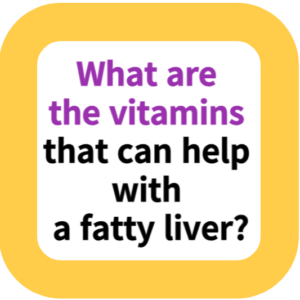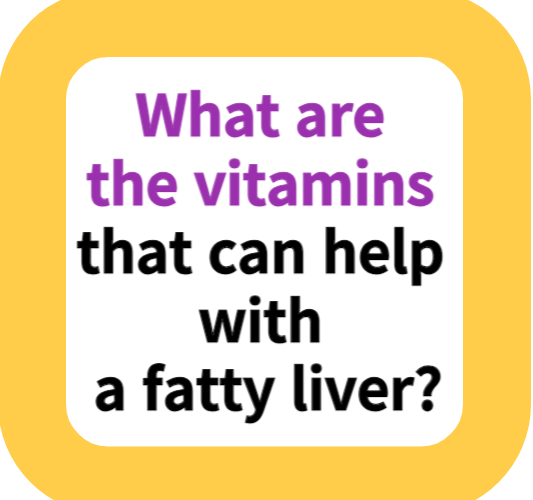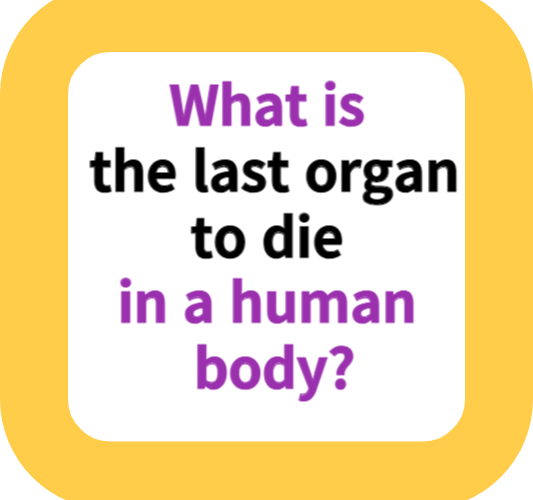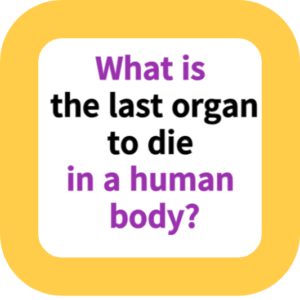What are the vitamins that can help with a fatty liver?
Welcome to our latest blog post where we dive deep into the pivotal role of vitamins in maintaining liver health, particularly in the context of fatty liver disease. Our liver, a vital yet often overlooked organ, plays a central role in our overall health, and its well-being is crucial.
This post unravels the complexities of liver health, focusing on how specific vitamins such as E, D, C, A, K, and the B-complex, as well as essential omega-3 fatty acids, contribute significantly to preventing and managing fatty liver disease.
Whether you’re seeking to enhance your liver’s resilience, understand the importance of these nutrients in liver care, or looking for a holistic approach to liver health, our comprehensive guide offers valuable insights.
Join us as we explore the importance of a balanced diet and lifestyle choices in supporting liver function and discover how the right vitamins and nutrients can be powerful allies in your liver health journey.
What are the vitamins that can help with a fatty liver?

Introduction: Understanding the Importance of Vitamins in Liver Health
The liver, a crucial organ in our body, performs a myriad of functions essential for overall health. However, it is often susceptible to conditions like fatty liver disease, a prevalent issue marked by the accumulation of excess fat in the liver cells.
This comprehensive exploration delves into the significant role vitamins play in supporting liver health, particularly in preventing and managing fatty liver disease. By understanding the impact of specific vitamins, we can adopt a more targeted approach to maintaining liver health and enhancing its resilience against diseases.
Vitamin E: A Key Antioxidant in Liver Care
Vitamin E stands out as a potent antioxidant, providing critical protection against the oxidative stress and inflammation often seen in fatty liver disease. Its role in reducing liver inflammation and preventing further cellular damage makes it a vital component in the management of this condition, particularly in non-alcoholic fatty liver disease (NAFLD).
Vitamin D: Sunshine Vitamin for Liver Wellness
Often celebrated for its role in bone health, Vitamin D also plays an integral part in liver function. Research indicates that maintaining adequate levels of Vitamin D may reduce the risk of developing NAFLD. The connection between Vitamin D deficiency and liver health highlights the importance of this vitamin in liver disease prevention and management.
The Protective Role of Vitamin C
Vitamin C, renowned for its immune-boosting properties, is also a key player in liver health. It aids in the liver’s detoxification processes and supports the production of glutathione, a vital antioxidant for breaking down liver fats and toxins. The inclusion of Vitamin C in a liver-healthy diet can contribute significantly to reducing inflammation and improving liver function.
B-Complex Vitamins: Comprehensive Support for Liver Function
The suite of B-complex vitamins, encompassing B1, B2, B3, B5, B6, B7, B9, and B12, collectively support various aspects of liver health. These vitamins are crucial for energy metabolism, detoxification, and synthesizing liver enzymes, highlighting their comprehensive role in maintaining liver function and preventing fatty liver disease.
Vitamin A and K: Vital Nutrients for Liver Health
Vitamin A is essential for maintaining the health of liver cells and preventing inflammation. In contrast, Vitamin K plays a crucial role in blood clotting and liver health by assisting in the synthesis of proteins that regulate blood clotting and inflammation. Both these vitamins are pivotal in maintaining liver function and preventing fatty liver disease.
Omega-3 Fatty Acids and Fish Oil: Non-Vitamin Allies in Liver Health
While not vitamins, omega-3 and omega-6 fatty acids, commonly found in fish oil supplements, are essential for liver health. They help in reducing inflammation and support overall liver function. The omega-3 fatty acids, in particular, are effective in reducing liver fat and inflammation, making them valuable in the management of fatty liver disease.
Conclusion: Holistic Approach to Liver Health
Maintaining liver health requires a holistic approach that encompasses a well-balanced diet, regular physical activity, and an adequate intake of essential vitamins and nutrients. Vitamins E, D, C, A, K, and the B-complex, along with essential fatty acids, play a crucial role in supporting liver health and preventing fatty liver disease.
However, it’s imperative to consult healthcare professionals for tailored advice, especially for individuals with existing health conditions. Through informed nutrition and lifestyle choices, we can significantly contribute to the health and longevity of our liver, ensuring it functions optimally for overall well-being.


